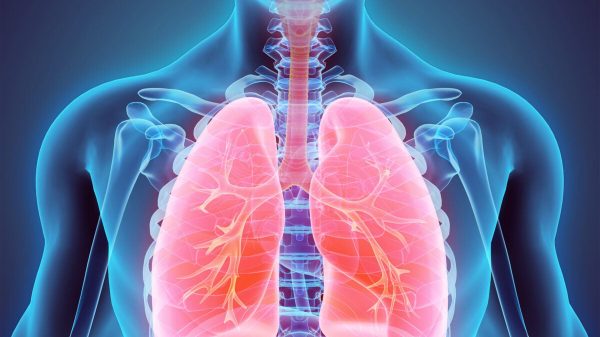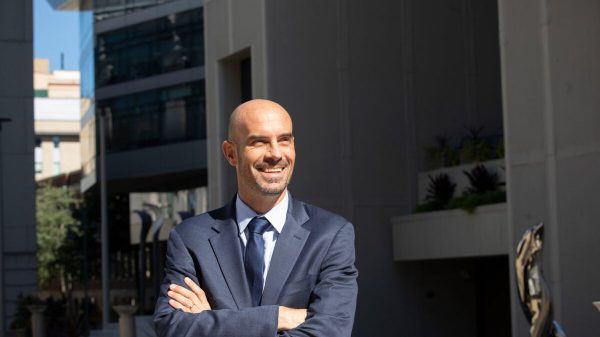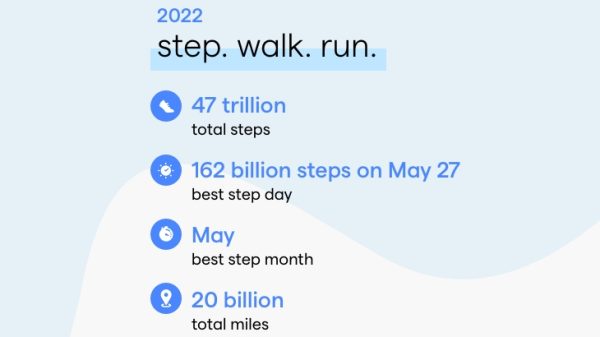Many people have been talking about the “COVID 15,” referring to gaining 15 pounds during quarantine. But did people really gain weight? This question intrigued researchers. So they examined patient data from electronic health records. Specifically, they looked at 15 million patients’ weight changes the year prior to the start of the pandemic, and then weight change for one year over the course of the pandemic.
As it turns out, 39 percent of patients gained weight during the pandemic, with weight gain defined as above the normal fluctuation of 2.5 pounds. Approximately 27 percent gained less than 12.5 pounds and about 10 percent gained more than 12.5 pounds, with 2 percent gaining over 27.5 pounds.
The role of stress in weight gain
There was a great deal of stress during the first year of the pandemic, and stress is associated with increased cortisol. Increased cortisol has been associated with increased intake of hyperpalatable foods, which are foods high in salt, fat, or both. There is also evidence that our bodies metabolize food more slowly when under stress. In addition, stress and high cortisol levels are associated with increased belly fat, which puts people at risk for diseases like heart disease and Type 2 diabetes. To add to the list of unhealthy effects of stress on the body, high cortisol levels can reduce lean muscle mass, and this in turn has an impact on your metabolic rate. The less lean muscle mass you have, the lower your metabolic rate and the fewer calories you burn at rest. All of this is a set-up for weight gain and poor health with increased stress.
Not everybody put on pounds during quarantine
Some people respond to stress by not eating. These people ignore their hunger cues, and so some lose weight during times of stress. As it turns out, the electronic health record analysis revealed that 35 percent of patients lost weight during the first year of the pandemic.
This is an excerpt from an article that appears on the Harvard Health Publishing website.
To read the full story
Elizabeth Pegg Frates teaches at Harvard Medical School as well as Harvard Extension School. She currently practices lifestyle medicine through her health and wellness coaching company, Wellness Synergy, LLC.


























